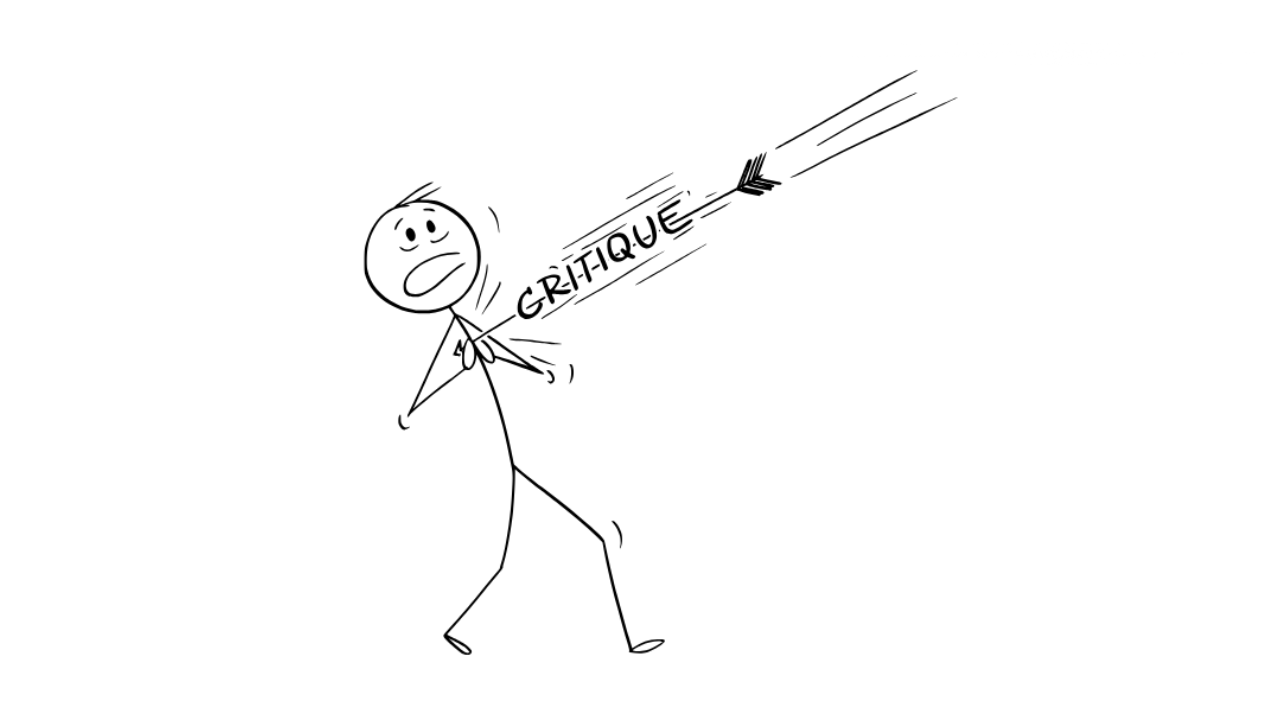Finding The Off-Switch
Jul 06, 2025
The Voice That Drove Me
For most of my life, I was hard on myself. I had this inner critic that would constantly berate me for not being good enough or for not doing enough. It was my motivator—the voice that pushed me to get things done.
There’s no doubt it was effective. I spent my days striving, working hard at everything that came my way. But when I allowed myself to stop, I couldn’t enjoy it—because that ‘motivational’ voice just wouldn’t shut up.
Always Falling Short
Looking back, I didn’t fully enjoy or appreciate life. The inner voice was relentless, and no matter how hard I worked, exercised, or gave up my time for others, I always seemed to fall short. There was always more to do, more improvements to be made. As a result, there was no time for appreciation, relaxation, or any real sense of peace.
I know many people who experience the same thing. The idea of feeling good enough—or truly at peace—feels elusive. Peace may show up briefly when we’re staring at the sea or sitting by a fireplace, but it’s fleeting, and dependent on specific circumstances.
The Inner Critic’s Impact
Living with this inner critic for so long meant I became unconsciously comfortable being driven by the stick. And sometimes, when the voice got louder, I’d slip into patterns of perfectionism and procrastination—nothing was ever good enough, so why bother?
The inner critic motivated me, yes—but it also exhausted me. And in hindsight, it played a pivotal role in my drinking.
Realising the Link
It wasn’t until I stopped drinking that I became fully aware of this voice. Once it didn’t have alcohol to focus on, I realised it would find any reason to have a go. Its job was to keep me moving, no matter what—full tilt, with little mercy.
With that realisation came understanding. No wonder I drank. After listening to this negativity all day, of course I looked for relief. Alcohol became a way to quiet the inner pressure cooker, even just for an hour or two.
That evening wine wasn’t just a ritual—it was self-medication. The silence I craved wasn’t just from the noise of the world; it was from the noise in my own head.
The Voice Wasn’t Evil
Once the alcohol was gone, I was face-to-face with the voice that had been running the show for years. And here’s what I discovered:
That voice didn’t have bad intentions. It was just repeating the messages I’d absorbed all my life: Be better. Be perfect. You’ll only be acceptable if… I also realised that the more I tried to suffocate it (with alcohol, for many years), the louder it became.
If you find yourself drinking to escape the pressure of daily life, chances are there’s a voice inside that’s driving you—and it’s not kind, compassionate, or even grounded in reality. It thrives on perfectionism, unrelenting standards, and constant improvement. It thrives on over-giving, over-committing, and feeling responsible for everyone and everything.
The Good News
If you pay attention, you can start to notice how you talk to yourself. And if that inner voice isn’t kind, the good news is: you have the power to change it.
If you’re worried about “losing your drive” like I was—don’t be.
Studies in neuroscience and psychology show that self-compassion, not self-criticism, leads to greater motivation, productivity, and resilience over time. Researchers like Dr. Kristin Neff have found that when we treat ourselves with kindness, we reduce stress and enhance emotional regulation, which boosts focus and performance.
In contrast, harsh self-judgment activates the brain’s threat system, flooding us with cortisol (a stress hormone) and narrowing our ability to think clearly. In short: compassion calms the nervous system, sharpens the mind, and sustains long-term productivity far better than that inner drill sergeant ever could.
Put the Stick Down
It took me a while to tame that inner voice, but it’s been one of the greatest shifts I’ve made since quitting drinking. And the result? I enjoy life again. I enjoy being alone. I love my work. And I especially love doing nothing—without any guilt attached.
The Process
-
Notice how you talk to yourself—the words, the tone. Is it kind or harsh?
-
Acknowledge that this voice has been helpful in some ways, but not healthy.
-
Stop fighting or numbing it—thank it for its service.
-
Give the voice a day off (or even just an hour)—notice how you feel.
-
Each time it pipes up, ask yourself:
“What would I say to a dear friend in this moment?”
“How would I say it?”
Be patient—it takes time to re-train a habit. And that’s all this is: an old habit that needs an update.
Reflective Question
How would I feel if I woke tomorrow and this inner critic had disappeared?
How would my day be different?
You’ll likely find that you’d be a lot happier, more energised, and far more productive.
And best of all? At the end of the day, you won’t need to find the off-switch.
Categories
All Categories
Sarah Connelly
Author
Recent Posts

The 30-Day Power Pause from Alcohol is Coming!
- Don’t miss your chance to hit reset, boost your energy, sharpen your focus, and feel AMAZING—all while taking a break from alcohol.
Places are limited! Be the first to know when doors open by joining the waitlist today.
Need Empowering Support?
Find out more about my group coaching, 1 to 1 coaching and speaking & workshops. I am here to help you on your transformation journey for you or your organisation.

